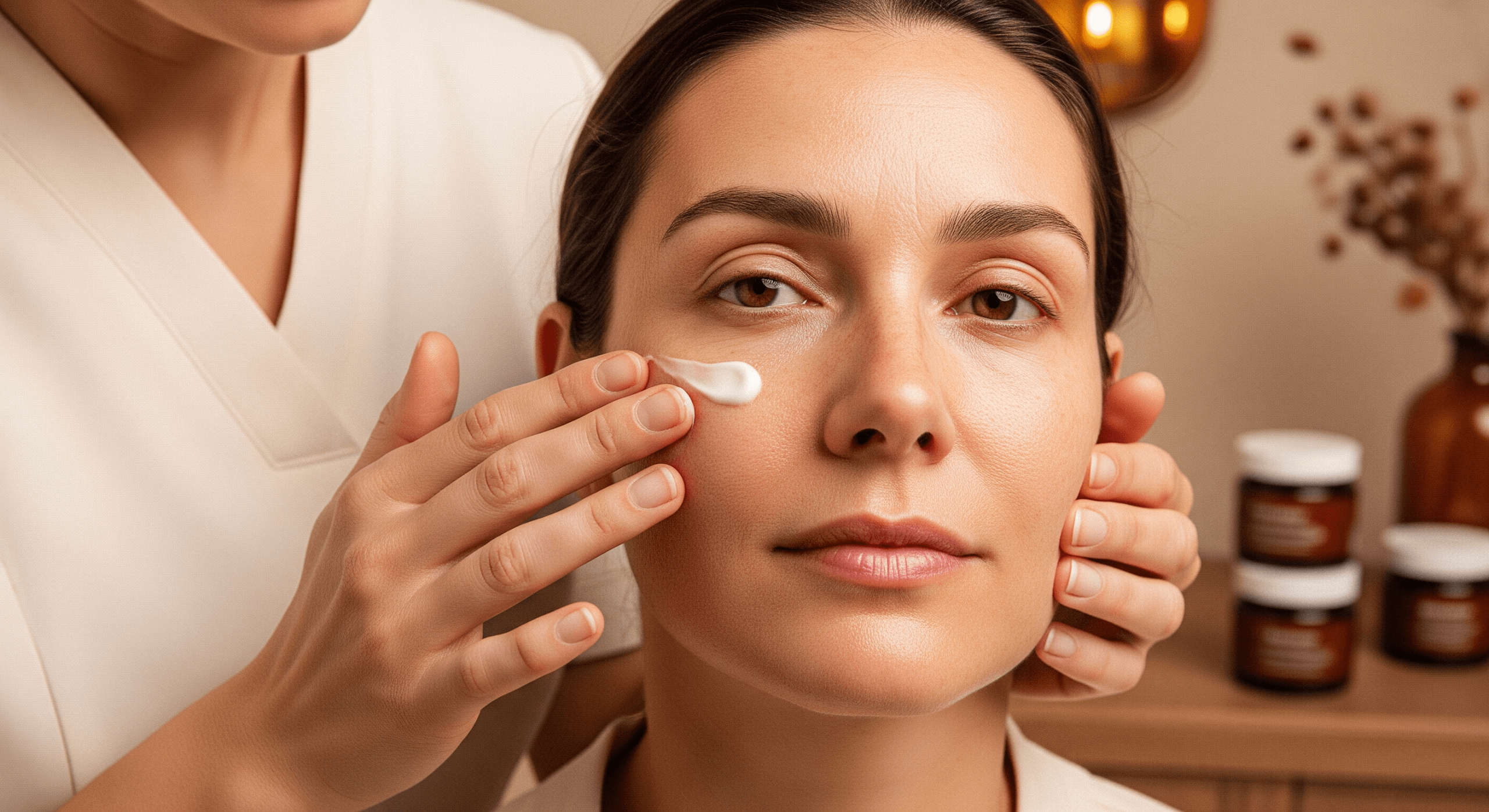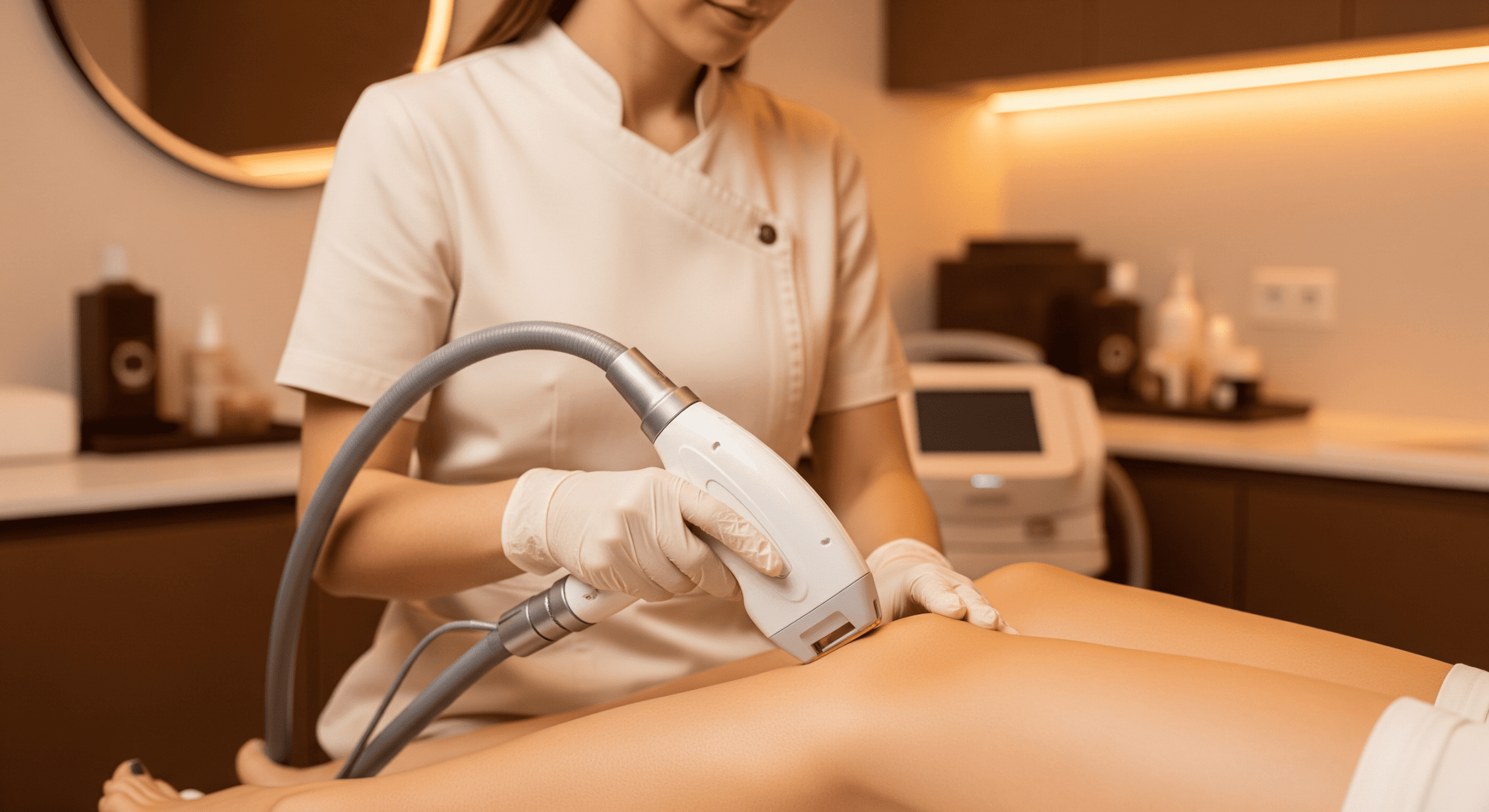Choosing the right skincare products is crucial for achieving and maintaining healthy, radiant skin. While drugstore products are easily accessible and budget-friendly, medical-grade skincare offers scientifically proven formulations designed for deeper, more effective results. Understanding the differences empowers you to make informed decisions that benefit your skin’s long-term health.
Jump to:
- Key Differences Explained
- Why Medical-Grade Skincare Matters
- When Drugstore Products Are Enough
- Key Takeaways
- FAQs
TLDR – Quick Guide
- Medical-grade skincare contains higher concentrations of active ingredients backed by clinical research.
- Drugstore products focus on general skin health with milder, less potent formulas.
- Medical-grade products often require professional guidance for safe and effective use.
- Long-term results and treatment of specific skin concerns are better addressed with medical-grade options.
- Combining both types can work if tailored to your skin’s needs and goals.
Key Differences Explained
Medical-grade skincare products are formulated with pharmaceutical-grade ingredients in higher concentrations, targeting specific skin concerns such as acne, hyperpigmentation, aging, and sensitivity. These products undergo rigorous clinical testing for efficacy and safety, ensuring they deliver measurable improvements.
In contrast, drugstore products prioritize broad appeal and affordability, often featuring gentler ingredients suitable for general skin maintenance. While many drugstore items provide hydration and basic protection, they typically lack the potency and targeted action of medical-grade formulations.
Why Medical-Grade Skincare Matters
The skin’s health is complex and requires more than surface-level care. Medical-grade products penetrate deeper layers, stimulating collagen, reducing inflammation, and correcting pigmentation more effectively. They are often part of a comprehensive treatment plan supervised by skincare professionals, allowing for customization and monitoring.
Using medical-grade skincare can shorten the time to visible results and sustain improvements longer, especially for conditions like acne, rosacea, or photoaging.
When Drugstore Products Are Enough
For individuals with normal, healthy skin and no major concerns, well-chosen drugstore products can maintain hydration and barrier function effectively. These products are ideal for basic cleansing, moisturizing, and sun protection.
However, when skin issues arise or advanced anti-aging is desired, transitioning to medical-grade skincare under professional guidance is advisable.
Key Takeaways
- Medical-grade skincare offers potent, clinically tested ingredients targeting specific concerns.
- Drugstore products are generally milder, suitable for maintenance and sensitive skin.
- Professional supervision optimizes medical-grade skincare use and safety.
- Combining both types can be effective when tailored properly.
- Choosing the right products impacts both immediate appearance and long-term skin health.
FAQs
1. Can I use medical-grade products without professional advice?
It’s best to consult a skincare professional to avoid irritation and ensure correct product use.
2. Are medical-grade products more expensive?
They generally cost more due to higher-quality ingredients and research-backed formulations.
3. Can drugstore products cause harm?
Most don’t, but some may irritate sensitive skin or lack efficacy for certain conditions.
4. How soon will I see results from medical-grade skincare?
Many see improvements within weeks, depending on the condition and product.
5. Can I mix medical-grade and drugstore skincare?
Yes, but do so under guidance to avoid conflicts and optimize benefits.


